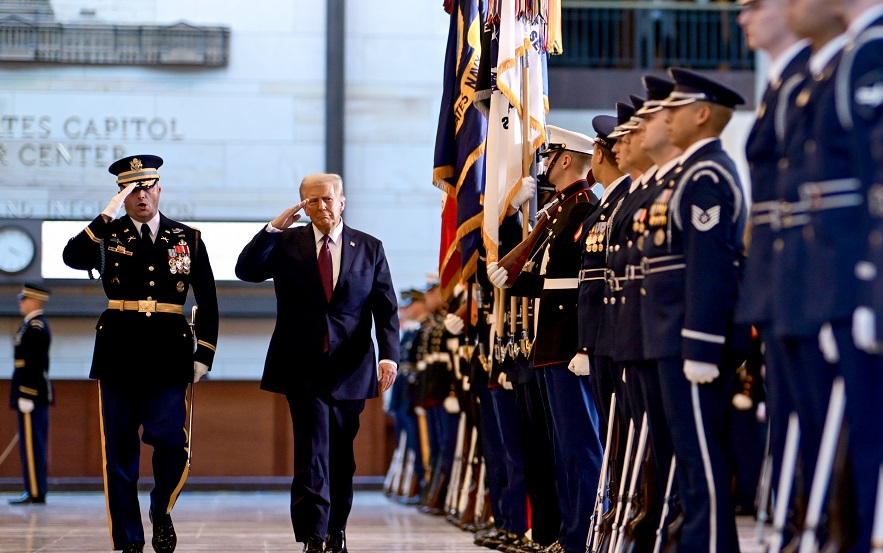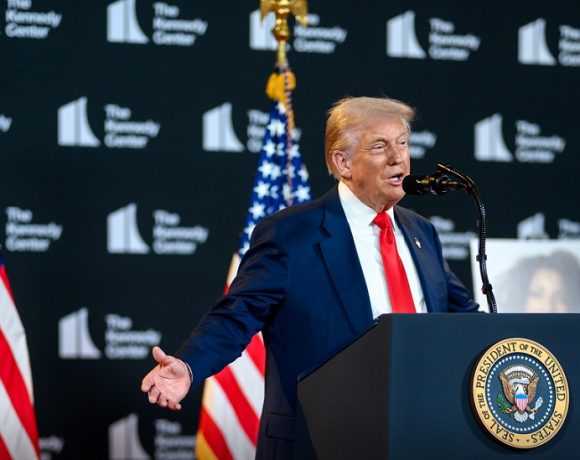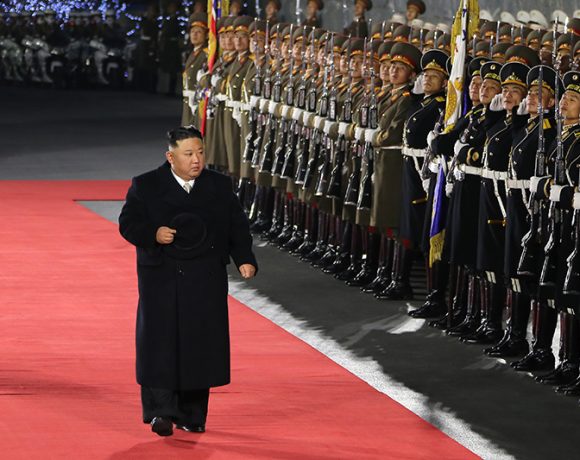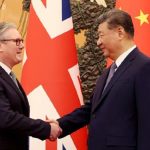
U.S. Targets Iran Missile Program with New Sanctions
In a significant move to curb Iran’s growing military capabilities, the United States has imposed a fresh round of sanctions aimed at dismantling Tehran’s ballistic missile development network. Announced on May 14, 2025, the sanctions target individuals and entities accused of supplying Iran with crucial materials needed to build intercontinental ballistic missiles (ICBMs), marking another chapter in Washington’s ongoing campaign to contain Iran’s military-industrial ambitions.
Iran Sanctions Expand
The latest sanctions, issued by the U.S. Treasury Department, focus on six individuals and twelve entities, primarily based in Iran and China. These actors are accused of facilitating the procurement of advanced materials such as carbon fiber, a key component in ICBM construction. The U.S. maintains that by disrupting these supply chains, it can delay or prevent Iran from advancing its missile programs.
Treasury Secretary Scott Bessent stated that the Iranian regime’s persistent pursuit of long-range missile capability represents a serious threat not only to U.S. national security but also to regional stability. The measures are intended to apply both economic and diplomatic pressure on Tehran, deterring further development and proliferation of missile technologies.
Broader U.S. Strategy
These sanctions are part of a broader U.S. effort to counter Iran’s military and nuclear ambitions. Despite recent diplomatic outreach and ongoing nuclear negotiations, the U.S. continues to tighten restrictions that directly impact Iran’s defense infrastructure and revenue streams.
Earlier this week, Washington also sanctioned over 20 firms involved in exporting Iranian oil, particularly to China, as part of its strategy to limit Tehran’s access to funds that could be diverted to missile development or other military activities.
Regional and Global Reactions
Iran has condemned the new sanctions, arguing that they undermine ongoing diplomatic efforts and erode trust between negotiating parties. Iranian officials insist that the country’s missile development is defensive in nature and falls within its sovereign rights.
Meanwhile, global reactions have been mixed. Some U.S. allies have expressed support for the targeted sanctions, viewing them as necessary to contain potential threats. However, others warn that continued pressure could derail any hope of a peaceful resolution and further destabilize the already tense Middle East landscape.
The situation remains fluid, but with Iran’s missile development programs advancing and diplomatic negotiations hanging by a thread, the latest U.S. sanctions signal a hardening stance that could reshape future geopolitical dynamics in the region.


















